Joel is an environmental scientist interested in aquatic ecosystems, fish, benthic macroinvertebrates, and agriculture. Joel grew up in Arcola, a small town in southeast Saskatchewan, and spent most of his time outdoors either hunting, fishing, or helping on the family farm.
Joel began his academic career in 2006 when he enrolled in the Renewable Resource Management program at Lethbridge College. After completing the course in 2008, he subsequently enrolled in the Fish & Wildlife Technology certificate program at the college. In the fall of 2009, he enrolled at the University of Lethbridge to undertake a Bachelor’s of Science in Environmental Science. In 2013, Joel completed an undergraduate paper on “The Diet and Ecology of Crayfish (Orconectes virilis) in the Saskatchewan River System” which has since been submitted as part of a larger study to the Canadian Journal of Zoology. The study addresses the question of whether crayfish change their prey items and their habitats as they mature from young of the year to adults in large rivers. The second part of the study resolved their position in the benthic food-web using nitrogen (δ15N) and carbon (δ13C) isotopes in an isotopic bi-plot of the Saskatchewan River benthic community. Joel hypothesized that crayfish are the top predators in his study and prey on a variety of food items. He is considering whether to further his education by enrolling in graduate studies.
Joel began his working career at a young age as a lawn care worker; from there he became a mechanics helper, and has worked various other types of jobs ranging from oilfield to forestry. He began his scientific career working for Water Security Agency (WSA) monitoring a species at risk, piping plovers (Charadrius melodus), where the birds were monitored until the broods fled the nest. Since then, Joel has continued working with WSA on a wide variety of wildlife projects, including a mark-recapture study of lake sturgeon (Acipenser fulvescens) and a large-scale macroinvertebrate study at Fishing Lake. In 2016, Joel began working with Troutreach, and is focusing on a study that involves using offsite watering stations for cattle to minimize their ecological impact in riparian areas. The study will look at the fish and benthic macroinvertebrate communities between grazed and non-grazed sections of streams. This study will help develop biomonitoring protocols and management guidelines for stakeholders and water managers.

